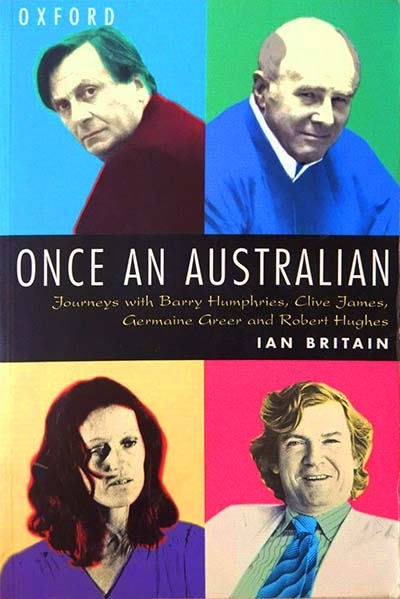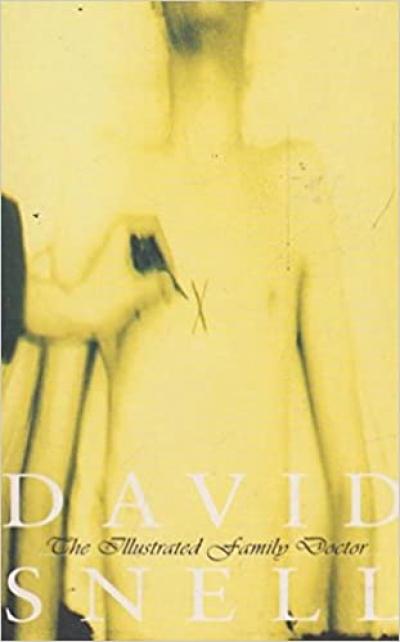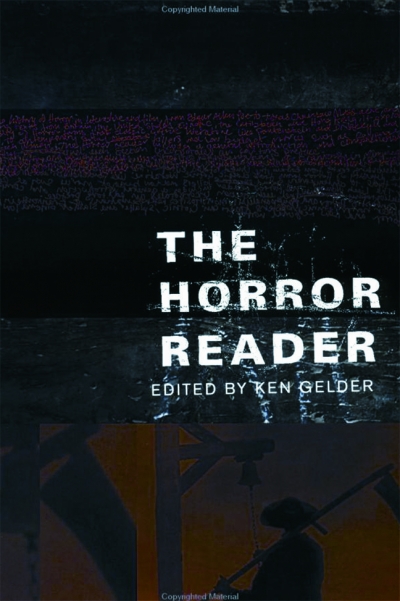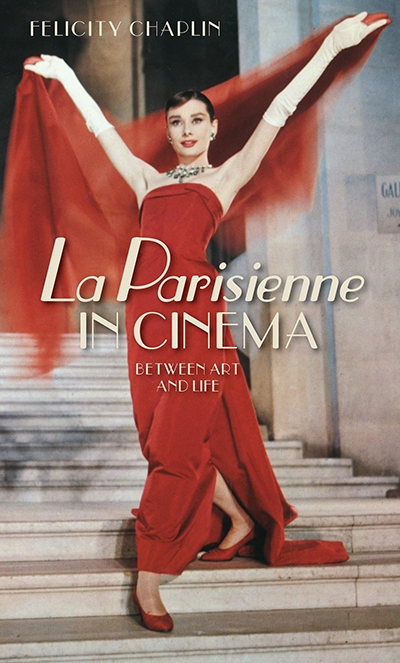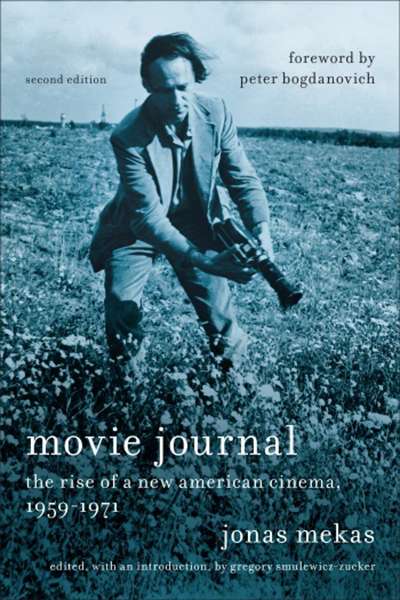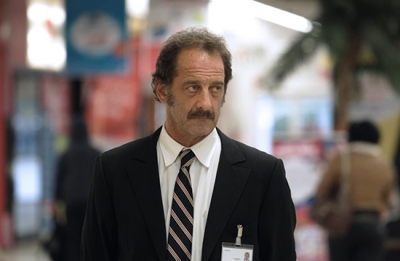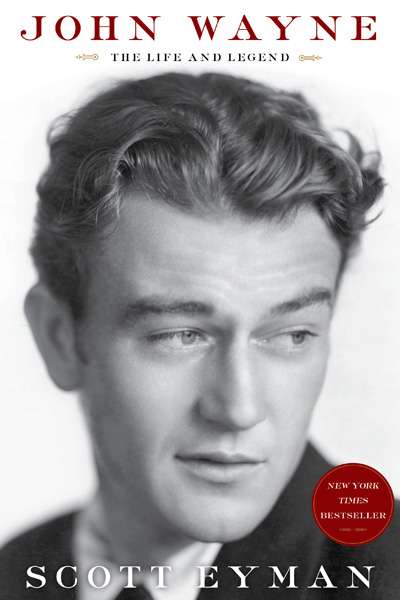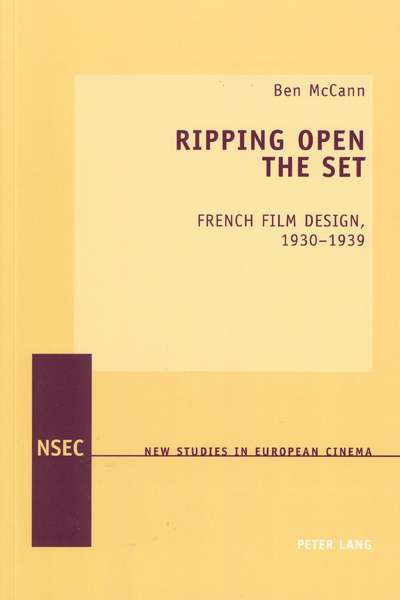Philippa Hawker

Philippa Hawker is a writer on film and the arts for The Age and Fairfax Media. She is a former editor of the journal Cinema Papers.
How do you define despair? You might choose to describe it as ‘a chemical imbalance of the brain, resulting in fragmented perceptions, often associated with grief and pessimism’. That is the definition Gary Kelp comes across in the course of his working day. It seems to fit. ‘I imagined a picture of myself to go with the text,’ he says, ‘sitting there at the bar, staring into my drink. ... (read more)
Horror. It’s a word you are forced to utter emphatically, almost to expel. On the page, it seems to contain a form of typographical echo – it looks as if it is repeating itself. The term has tactile, physical associations; it once meant roughness or ruggedness, and it also describes a shuddering or a shivering movement. (There’s a wonderful word, horripilation, a synonym for the phenomenon a ... (read more)
On the cover of Felicity Chaplin’s La Parisienne in Cinema: Between art and life, Audrey Hepburn, arms aloft, reigns triumphant in a strapless scarlet evening gown and organza shawl. This is a scene from Funny Face (1957), in which she plays a shy Greenwich Village bookshop employee transformed into a high-profile fashion model.
At first glance, this image might seem a surprising cover choice. ... (read more)
'Do you really want me to fall that low, to become a film critic, one of those people who write reviews?' asks Jonas Mekas, responding with typical brio to complaints from readers. Between 1959 and 1971 he produced a regular movie column in the Village Voice, a polemical and poetic enterprise that has plenty of resonance for contemporary cinema and those who write about it. Movie Journal is a coll ... (read more)
French writer-director Stéphane Brizé's The Measure of a Man (La loi du marché), looks at first to be a character study with a quasi-documentary feel, then takes a disconcerting turn. At its centre is Vincent Lindon (Welcome [2009], Mademoiselle Chambon [2009]), a robust, often demonstrative actor who is also capable of surprising restraint. In The Measure of a Man, for which he won best actor ... (read more)
‘I’m Duke Morrison, and I never was and never will be a film personality like John Wayne. I know him well. I’m one of his closest students. I have to be. I make a living out of him.’ In Scott Eyman’s biography John Wayne: The Life and Legend, these words, uttered by ‘Duke Morrison, aka John Wayne’, serve as an epigraph. They are a curious mixture of the frank and the evasive, a combi ... (read more)
Ben McCann’s Ripping Open the Set begins with four epigraphs, observations of various kinds. They come from American figures – Frank Capra, Douglas Fairbanks, Mary Pickford, and Nathanael West – and they express a range of notions, none of them particularly positive, about the place of design in cinema. McCann – senior lecturer in French at the University of Adelaide – then starts his in ... (read more)
Don DeLillo’s 2003 novel Cosmopolis could be described as a rarefied CBD road movie, and the same might be said of David Cronenberg’s new film adaptation, an unnervingly faithful, uncomfortable, and elusive version of the book.
Cronenberg, a consistently absorbing and provocative director, is still probably best known for early, visceral works such as Videodrome (1983) and The Brood (1979). H ... (read more)
Choosing to set a screen adaptation of Tess of the d’Urbervilles (1891) in contemporary India might seem like an almost perverse shift, or an over-determining decision. But for British film-maker Michael Winterbottom, there is consistency and history of a sort. It is his third Thomas Hardy adaptation, and his fourth feature shot on the subcontinent. In re-imagining and relocating Tess, he has ad ... (read more)

